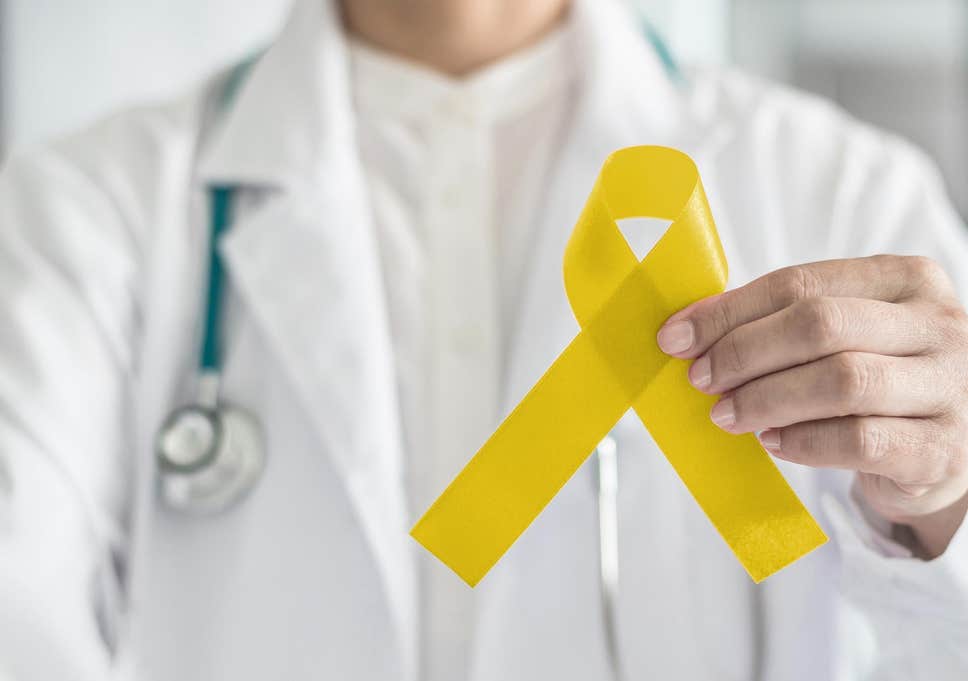
Suicide Risk and Mental Disorders: How Depression and Anxiety are Affecting the World
As the global crisis of coronavirus grows, concerns of mental health are greater than ever before. Facing unprecedented levels of stress and fear of the unknown, those who already suffer with mental health conditions such as anxiety and depression are becoming increasingly vulnerable, with little hope of “normal” life returning in the near future.
According to a recent poll by Kaiser Family Foundation, nearly 50% of Americans surveyed reported that stress related to the coronavirus was having an impact on their mental health, whether major or minor. As the pandemic swells, and federal guidelines of social distancing continue until at least the end of this month, that percentage will undoubtedly continue to grow.
Today, it is crucial that those who are struggling continue to receive the help that they need, and that we do not lose sight of another global crisis we are facing as a nation: the crisis of mental illness and suicide.
The Risk of Suicide and Mental Health
According to the Centers for Disease Control and Prevention, research has found that 46% of people who die by suicide had a known mental health condition. This of course means that the remaining 54% who die by suicide do not have a known mental health condition—making education and awareness all the more important.
As a result of coronavirus, economists agree that the United States is facing a recession. With millions of Americans filing for unemployment in the last month alone, it is clear that we have only just begun to feel the effects of this crisis on our economy—and our livelihoods.
Job loss and financial hardship are leading factors associated with depression and anxiety, as well as the effects that those events have on our relationships with others.
The CDC reports that the following are warning signs for suicide:
- Feeling like a burden
- Feeling isolated
- Increased anxiety
- Increased anger or rage
- Expressing hopelessness
- Extreme mood swings
As stressors build, these warning signs become much more likely to surface in those who are suffering from mental illness. In particular, feelings of isolation have become much more prevalent as we have limited contact with others, and must follow federal and state guidelines of staying home for the foreseeable future.
Stories of Those Who Have Suffered
As we look to the news, we often find stories of those we admire who have suffered from mental illness. Celebrities from all industries, such as Robin Williams, Anthony Bourdain, and Kate Spade fought private battles with mental illness, even as they grew in fame and fortune in the public eye.
After Robin Williams’ death from suicide in 2014, his widow Susan Schneider Williams published an article entitled, “The terrorist inside my husband’s brain,” where she talked about his battle with Lewy body dementia and the effects that it had on his mental health.
Schneider Williams wrote about Williams’ struggles, stating that, “Robin was losing his mind and he was aware of it. Can you imagine the pain he felt as he experienced himself disintegrating? And not from something he would ever know the name of, or understand? Neither he, nor anyone could stop it—no amount of intelligence or love could hold it back.”
In the case of Kate Spade, her husband stated that she had been receiving treatment for her anxiety and depression at the time of her death, though her suicide came as a “complete shock.”
In a statement after Spade’s death, Andy Spade wrote, “This is the truth. Anything else that is out there right now is false. She was actively seeking help for depression and anxiety over the last 5 years, seeing a doctor on a regular basis and taking medication for both depression and anxiety. There was no substance or alcohol abuse. There were no business problems.”
As we learn from the stories of those we grew up watching and listening to, anxiety and depression do not discriminate, and the warning signs of suicide are often only realized in retrospect, if at all.
This makes awareness the most vital component of suicide prevention, and makes the availability of mental health treatment an absolute necessity, particularly in times like these.
Finding Hope—and Help
If you are struggling with mental health or substance abuse during this time, we are here to help. If you or someone you know needs addiction treatment, please call our recovery helpline at 844.955.3042.
If you or someone you know is in an emergency, call The National Suicide Prevention Lifeline at 800-273-TALK (8255) or call 911 immediately.